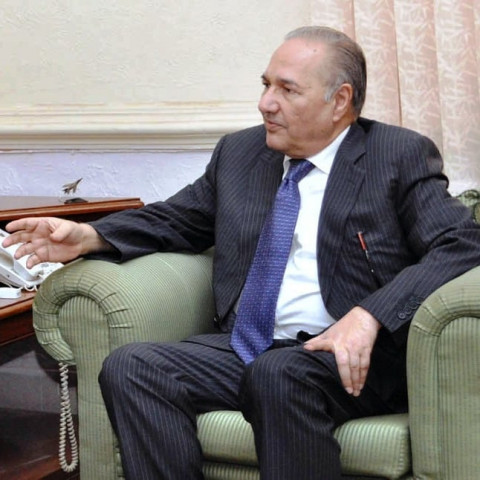Reopening Nato supply routes
Debate over the subject will arouse a lot of passion, make it difficult for the ruling coalition to reopen the routes.

Defence Minister Mukhtar is showing ‘pragmatism’ in a national milieu drenched in passions. He says that Pakistan should get better terms and conditions following a review of its ties with America and should profit by the reopening of the routes. The Americans are going to leave but some residual presence of US-Nato forces is expected to continue, which means that the northern route through Russia and Central Asia will be used if we don’t budge. Islamabad is obviously scared and Interior Minister Rehman Malik has immediately forestalled the barrage of condemnation expected from the opposition by saying that Prime Minister Gilani has already said that “only Parliament’s decision” on this issue will be implemented. The moment of anger in Washington, too, seems to be subsiding. More and more advising elements are telling US President Barack Obama to apologise and be done with it: Pakistan is too important to set aside and that the apology would be nothing more than mere words while the drones were substantial and continuing to kill al Qaeda leaders in Fata. An American compulsion came to the fore when Pakistan was included in the Qatar talks where the other interlocutors are the Taliban of Mullah Umar, the Haqqani network and Hekmatyar’s Hezb-e-Islami. The Northern Alliance is out and all the Pakistani pawns are in play, with Prime Minister Gilani acting like a statesman in Doha.
Observers, especially in the media, dedicated to taking on the US-India-Israel combine, are already counting the money Pakistan actually lost fighting America’s war and what Pakistan actually gained from America in recompense. Their conclusion: say goodbye to the US and get nothing for fighting your own home-grown terrorists and win kudos from an impoverished nation. The American press, too, is anticipating a pragmatic closure while reporting that General James Mattis, the head of the US military’s Central Command, will meet an already somewhat appeased post-Qatar General Ashfaq Parvez Kayani and pacify him further. Meanwhile, parliament is mulling over what the politicians think should be the proper content of US-Pakistan relations with an obvious, though unrealistic, reference to sovereign equality. It is expected that the debate over the subject will arouse a lot of rehearsed passion and make it difficult for the ruling coalition to reopen the routes. Any country’s foreign policy needs flexibility of response and pragmatism. It needs to be shielded from populist politics because when passions reign supreme, the policy that results from such an environment can be self-defeating and damaging for the state itself. Out on the streets, the masses are moved more by hatred for America than about the state of the economy or the fact that the country’s education and healthcare systems are in the doldrums.
Published in The Express Tribune, February 9th, 2012.














COMMENTS
Comments are moderated and generally will be posted if they are on-topic and not abusive.
For more information, please see our Comments FAQ